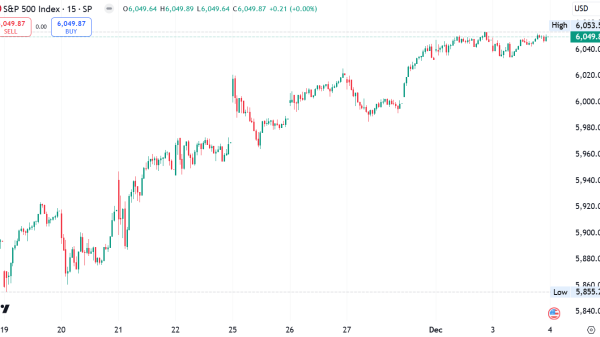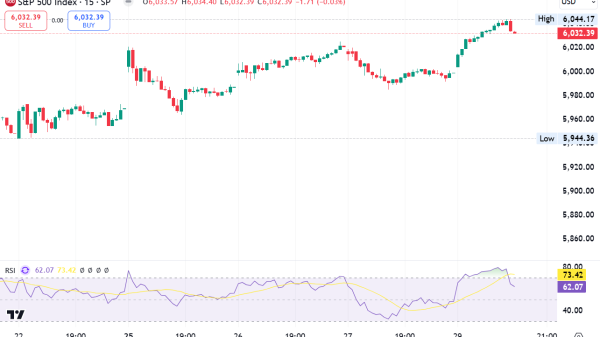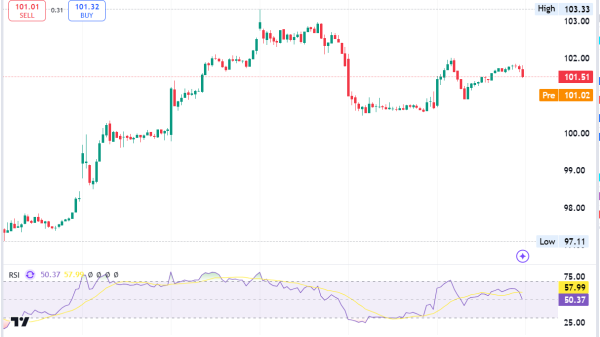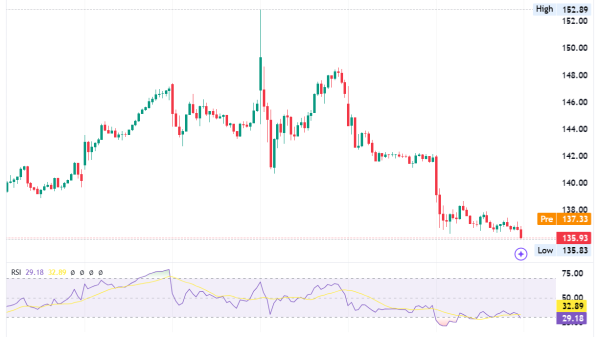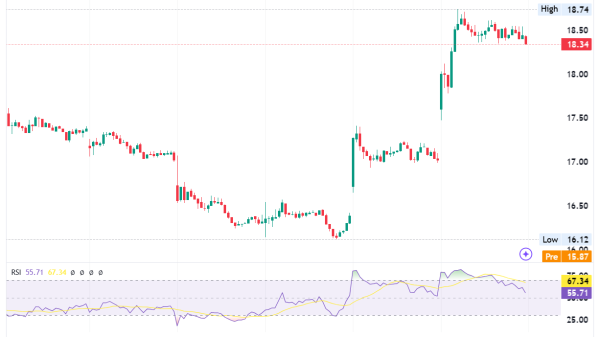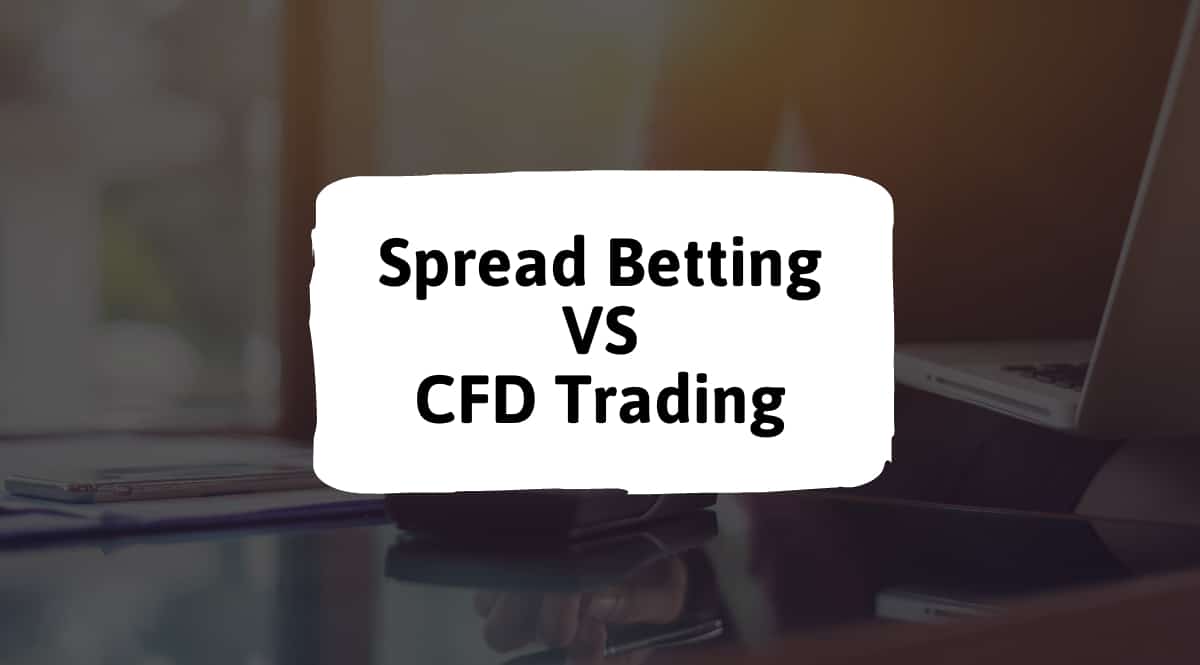Spread betting vs CFD trading: A comparative analysis
In this spread betting vs CFD trading analysis we point out the main common points and differences of these types of investing. Actually, CFDs and spread betting are very similar. Though you need to get into some nuances in order to decide which suits you better in your online trading business.
Spread betting vs CFD trading
The world of trading provides so many opportunities, possibilities, platforms, brokers, products, that it is sometimes difficult to navigate.
Among the best known terms, that of CFD or “Contract for Difference” often stands out. It is the flagship product of forex brokers. CFDs can be found on just about any underlying, whether currencies, indices, commodities, crypto-currencies, stocks…
Another Anglo-Saxon term also comes up frequently, that of “spread betting”. Here again there is something for everyone and the spread betting offer is abundant.
The confusion is all the greater since most brokers offer these two means of accessing the range of markets. It is not uncommon for retail traders not even to know which financial instrument they are actually trading on.
So what is the difference between CFD trading and spread betting? How to distinguish the products? Is it important to differentiate them? Which one to choose for your trading?
Spread betting vs CFDs trading – Common points
Whether in spread betting or with CFDs, both instruments allow you to place bullish or bearish bets (short selling) on a wide range of asset classes, without ever holding the underlying assets. It is thus possible to play on the asset price movements of shares on the stock market without ever actually holding these financial securities.
The (sometimes exaggerated) use of leverage is also often associated with these financial tools. Potential gains and losses are proportional to the leverage used.
Another characteristic common to both instruments, and which is similar to the use of leverage, is the operation of the account: in both cases it is a “margin account”. This means that the capital deposited is treated as a margin, or insurance, in order to be able to buy and sell volumes most of the time greater than its real capacity. With 1000€ of margin and a leverage x5, we can trade up to 5000€ of nominal value of financial products. When the margin is insufficient to cover market fluctuations, a “margin call” or “margin call” warns the trader so that he adds capital to cover his positions. Often, brokers automatically close positions if the margin becomes insufficient.
In addition, overnight financing costs, or “overnight swap”, are present in both cases. Indeed, keeping positions open with brokers from one day to the next, and the weekend in this case, generates costs for the user. The broker is generally based on official rates such as LIBOR (London Inter-bank Offered Rate) because in both cases it lends you money so that you can trade, in particular with leverage.
Spread betting vs CFD trading – Key differences
The main advantage of spread betting in the UK is fiscal: profits or winnings are not taxed! We quickly understand the interest that this instrument can have for individuals.
On the other hand, outside the United Kingdom it will be necessary to turn to CFDs which are taxed most of the time.
On the other hand, spread betting is primarily used by amateurs. In addition to its “bet” or “pari” form, the offer is intended for the general public. It is also not easy to deal with large sums of money with spread betting. This generally requires direct market access (DMA), which is not available in spread betting.
On the other hand, CFD brokers can offer DMA. Beyond €100,000 it becomes inevitable. Also, professional traders or investors generally turn to CFDs rather than spread betting depending on their needs.
Another detail in relation to commissions adds to the difference between the two types of accounts. There are simply no commissions in spread betting. The broker is remunerated mainly on the difference between the purchase price and the sale price of the products. This is generally less favorable for the user than with CFDs. On the other hand, commissions are added to the use of CFDs… In the end, if the principle is different, the trader still pays one way or another.
Both trading methods allow for going long or short, although there are some differences in terms of pricing.
Finally, taxation is not the same. There is no tax to pay with spread betting unlike CFDs.
Spread betting vs CFD trading How to choose
The question arises especially for residents from the United Kingdom. Otherwise, spread betting does not exist and we automatically turn to CFDs.
In relation to taxation there is no picture: spread betting is much more advantageous, you still have to make gains and not be fooled with the principle of amount per point. But fundamentally, beyond the few details and technical differences, it’s the same world.
The real question is not in reality between spread betting and CFDs, but rather between margin accounts overall and “spot” accounts, that is to say without leverage and by actually purchasing the products (shares , bonds, etc.). This will really be a decisive choice in the construction of your trading or investment portfolio.
Beginners
Beginners who do not necessarily have a lot of capital can if they want to try CFDs, while being aware of the risks, to try to achieve big performances in a short time thanks to leverage. In the long term and with higher amounts, it remains preferable to trade in cash and without leverage.
Spread betting and CFD trading allows you to trade in the same markets, including Forex, stocks, indices, commodities and cryptocurrencies. However, CFD traders may have the option to trade directly with the broker’s liquidity providers (usually banks and top-tier hedge funds) via ECN (Electronic Communication Network) or STP (Straight Through Processing) technology. This allows traders to receive spreads at the institutional level and lower spreads lead to lower costs, which could translate into higher profits.
Since spread bets involve betting based on rising or falling prices, they cannot provide the opportunity to trade with banks or hedge funds and receive institutional spreads. Since CFDs involve trading of the underlying market price through contracts, traders can access the ability to trade directly with banks and hedge funds to receive lower spreads and lightning execution.
Spread betting and CFD trading allows traders to speculate on the price direction of a particular market using leverage, thereby allowing traders to open positions with only a small deposit of the total size of the trade. Of course, the same goes for losses. Traders may lose their deposit faster when using leverage, so use it with caution!
Trading CFDs and spread betting – trading example
Trading the UK 100 – Cash instrument can be done either through spread betting or through CFDs (Contracts for Difference). Here’s a basic example for both:
Spread Betting on UK 100
Imagine you believe that the UK 100 is going to rise in value.
Opening the Position:
The UK 100 is letćs saz currently quoted at 7000 – 7002.
You decide to buy (go long) at £10 per point at the offer price of 7002.
Outcome:
a. Profit Scenario:
The UK 100 rises to 7050 – 7052.
You decide to close your position and take your profit.
You sell at the bid price of 7050.
Profit = (Closing price – Opening price) x Stake
Profit = (7050 – 7002) x £10 = £480
b. Loss Scenario:
Instead, the UK 100 drops to 6950 – 6952.
You decide to close your position and cut your losses.
You sell at the bid price of 6950.
Loss = (Opening price – Closing price) x Stake
Loss = (7002 – 6950) x £10 = £520
CFD Trading on UK 100
Imagine you believe that the UK 100 is going to decrease in value.
Opening the Position:
The UK 100 is currently quoted at 7000 – 7002.
You decide to sell (go short) 10 contracts (assuming 1 contract = 1 index point) at the bid price of 7000.
Outcome:
a. Profit Scenario:
The UK 100 drops to 6950 – 6952.
You decide to close your position and take your profit.
You buy to close at the offer price of 6952.
Profit = (Opening price – Closing price) x Number of contracts
Profit = (7000 – 6952) x 10 = £480
b. Loss Scenario:
Instead, the UK 100 rises to 7050 – 7052.
You decide to close your position and cut your losses.
You buy to close at the offer price of 7052.
Loss = (Closing price – Opening price) x Number of contracts
Loss = (7052 – 7000) x 10 = £520
Note:
Spread betting profits are generally tax-free in the UK, while CFD profits are subject to capital gains tax. (Always consult a tax professional for specifics).
Trading on leverage can amplify both profits and losses. Always understand the risks involved.
The actual prices and contract details for UK 100 – Cash may vary based on the broker/platform you’re using.
Always ensure you’re well informed about the risks and costs associated with trading financial markets, and seek advice from an independent financial advisor if necessary.
Spread betting vs CFD tax treatment
For UK residents, spread bets are exempt from stamp duty and capital gains tax. No stamp duty is payable for trading CFDs, but capital gains tax must be paid. Although some traders may be read by the lower levels of tax associated with spread betting, there are a few downsides to trading CFDs.
Widespread bettors cannot offset any losses for tax purposes. CFD traders have the option of offsetting any losses against future profits. For example, if you acquired a property and realized a capital gain of £30,000, but then you lost £10,000 on your CFD trading, this would result in a net gain of less than £20,000 meaning you could end up paying less overall capital gains tax. a general example that does not take into account individual circumstances. You should consult an accountant about your tax situation.
The post Spread betting vs CFD trading: A comparative analysis appeared first on FinanceBrokerage.
















